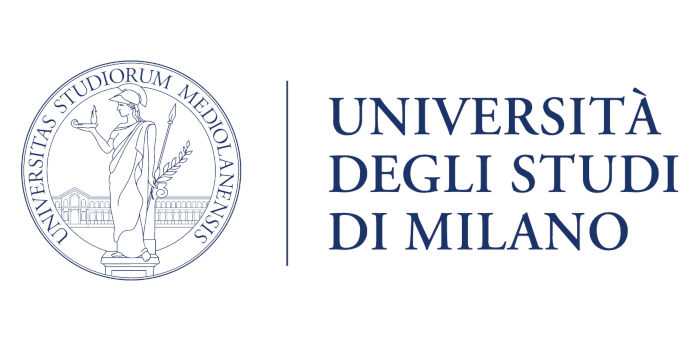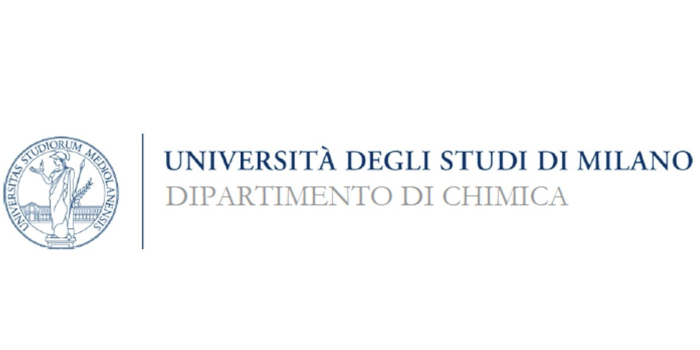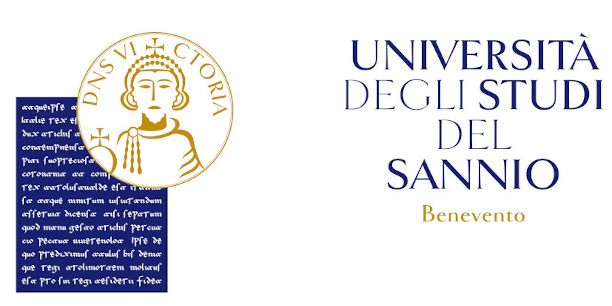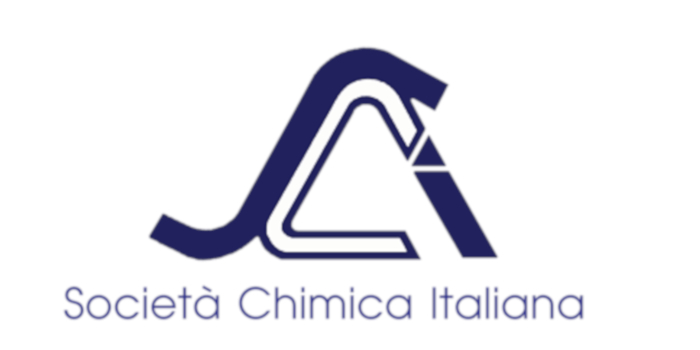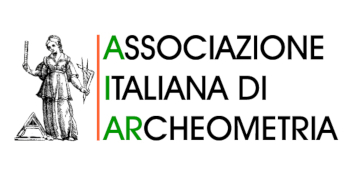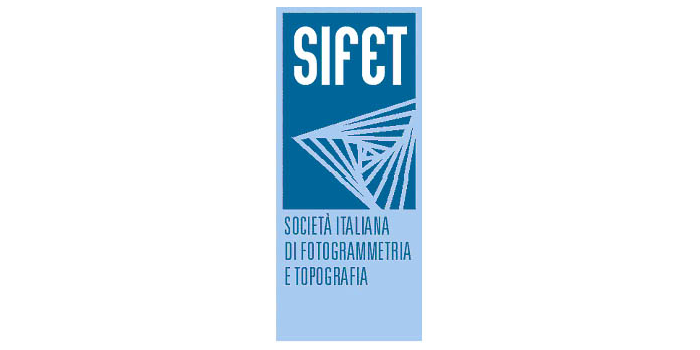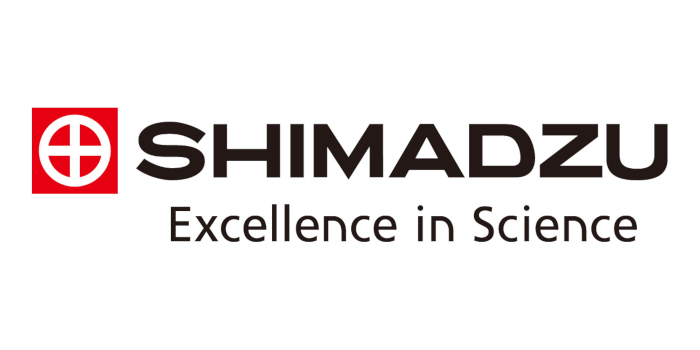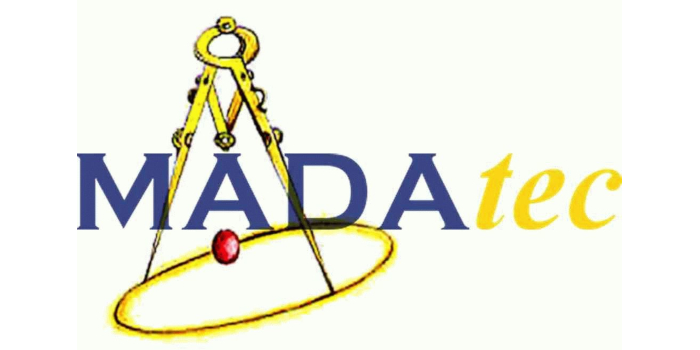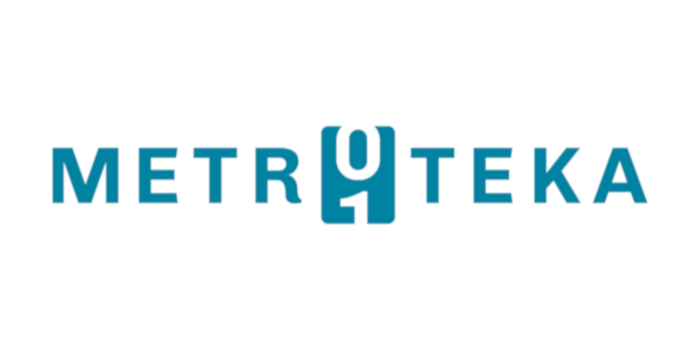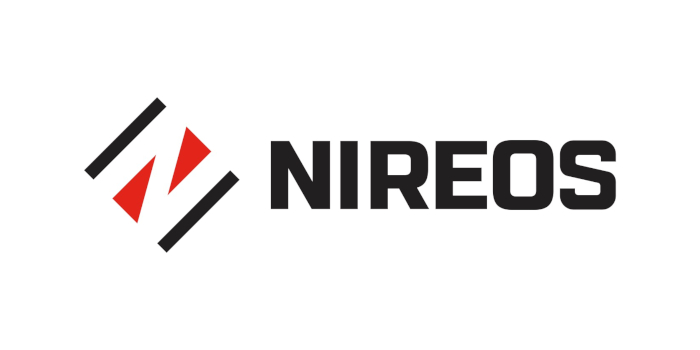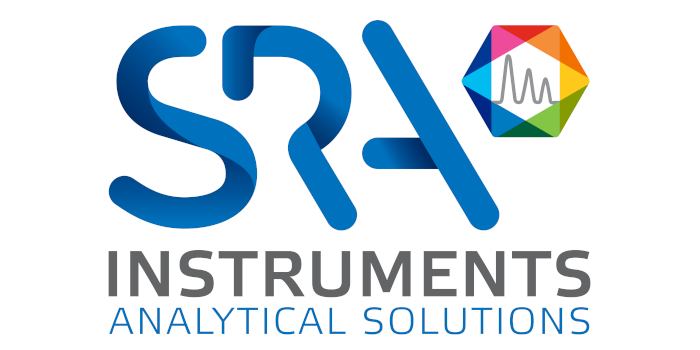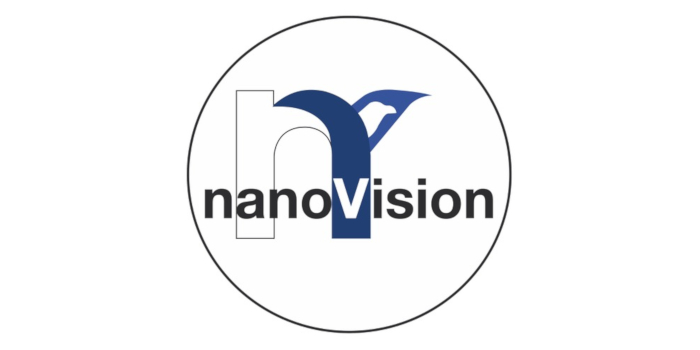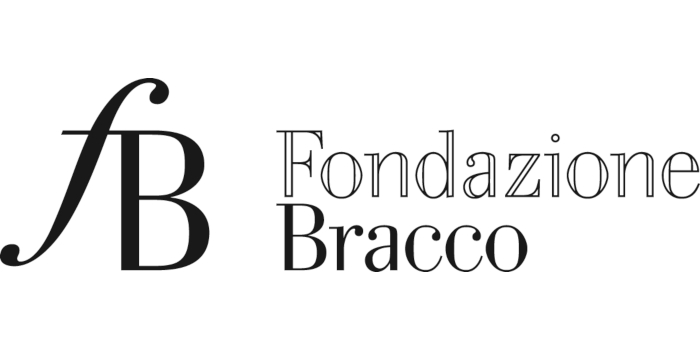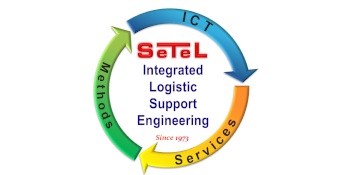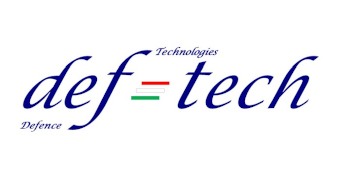Analytical methods to investigate organic materials in cultural heritage: from archaological biomaterials to modern art
ORGANIZED BY
.jpg)
Francesca Modugno
University of Pisa, Italy
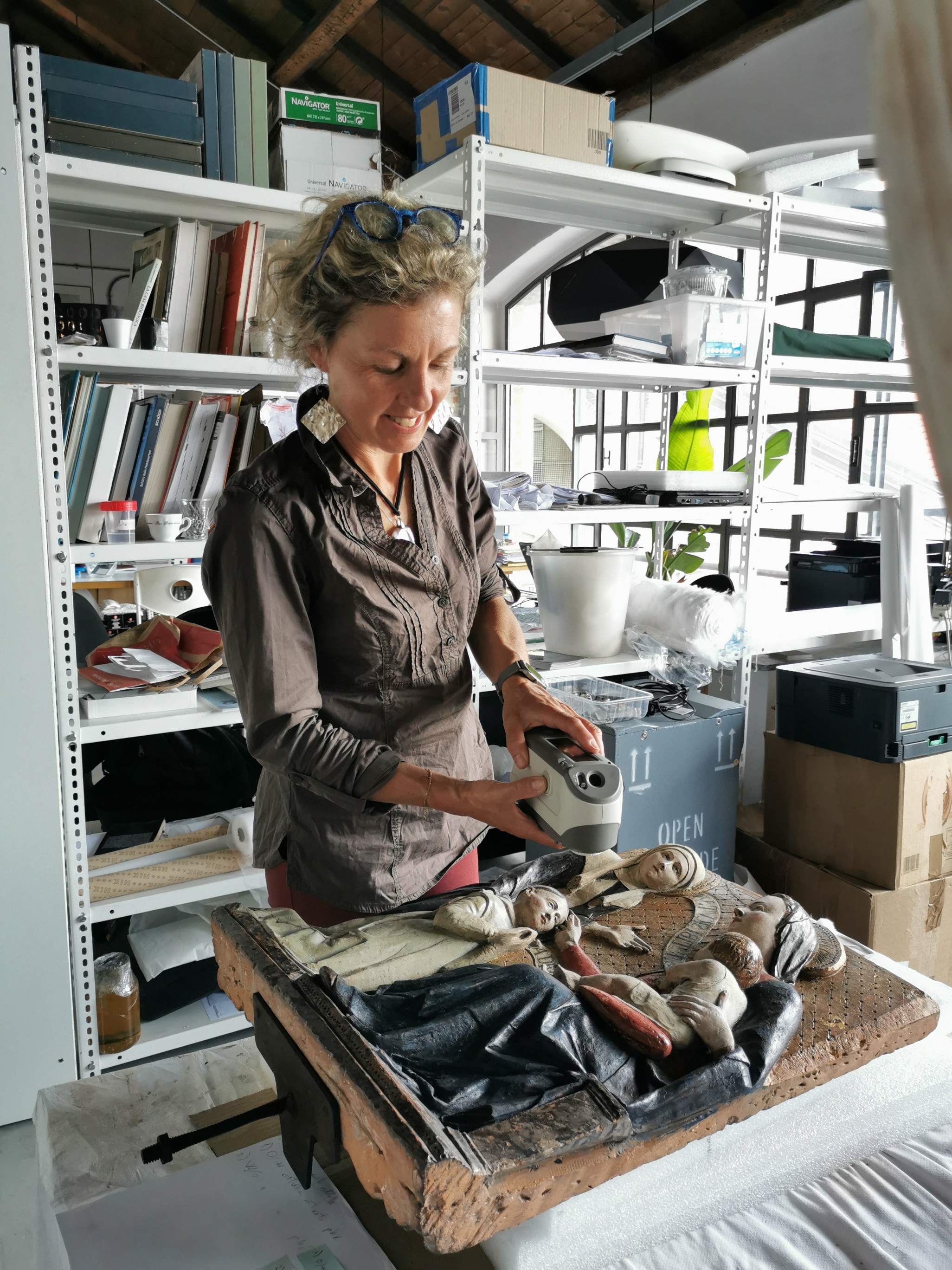
Paola Fermo
Università degli Studi di Milano, Italy
ABSTRACT
A wide variety of organic materials are encountered in association with archaeological artefacts, historical objects, and artworks as constituents, paint materials, decorative layers, coatings and amorphous residues. Organic materials that are object of investigation in Heritage Science are in many cases natural biomaterials as plant resins, proteins, glycerolipids or waxes, wood or lignocellulosic polymers, textiles, dyestuffs, as well as materials produced in diagenesis or fossilization processes as bitumen or fossil resins. They can be used in their native forms or after processing, pure or in mixture, and can be deeply altered by ageing, or by human action, as it is the cases of food residues associated with archaeological vessels and funerary assemblies. In addition to natural organic materials, synthetic organic substances produced since the XX century are today ubiquitous in museums and collections, as constituents of modern and contemporary art, design objects, and as restoration materials.
The analytical characterisation of organic materials represents a crucial challenge in Heritage Science, due to the fact that they are not significantly differentiated by their elemental composition, they are often complex mixtures of several chemical species highly similar each other, and they are particularly prone to degradation process as effect of exposure to light, oxygen, and biodeterioration agents. In this context, the session will highlight contributions describing innovative developments and applications of analytical and diagnostic tools targeted to identify organic materials in historical artefacts and artworks, and to investigate their degradation processes, with the goal of achieving a better knowledge of technological and artistic practices of the past and to positively contribute to planning preventive conservation and restoration strategies.
ABOUT THE ORGANIZERS
Francesca Modugno PhD, is Full Professor in Analytical Chemistry at University of Pisa. After graduation cum laude in Chemistry in 1997, Francesca Modugno received a PhD in Chemical Science from the University of Pisa in 2001.
Her doctoral thesis dealt with the development of analytical methods for the characterisation of paint binders and varnishes employing gas chromatography-mass spectrometry. From 2001 to 2015 she has been a permanent lecturer and researcher, and from 2015 to 2020 Associate Professor, at the Department of Chemistry and Industrial Chemistry of University of Pisa. FM teaches Analytical Chemistry and Chemometrics.
Her research activity deals with the application of analytical methods based on chromatography and mass spectrometry to the characterisation and the study of the natural and synthetic organic materials in the cultural heritage and the environment, with specific attention to lipids, proteins, terpenic resins, lignocellulosic materials, synthetic polymers, microplastics. Her interests include the study of chemical transformations and the degradation processes of materials during ageing and the effect of environmental parameters on these processes.
FM is Editor for the scientific journals Journal of Analytical and Applied Pyrolysis and Scientific Reports.
Paola Fermo graduated in chemistry in 1993; researcher in Analytical Chemistry at University of Milan since 1999; since 2015 associate professor in Analytical Chemistry; since 2016 ASN (scientific national qualification) as full professor in Analytical Chemistry. The research topics are in the field of environmental analytical chemistry as well as analytical chemistry applied to cultural heritage. Principal investigator of national and international projects. Author of about 140 scientific publications on international peer-review journals with h-index (Scopus)= 37 and about 3400 citations (Scopus); 20 conference proceeding, 20 book chapters. Invited speaker in international congresses and member of the editorial board of international journals (Atmosphere, Applied Science, Sustainability, International Journal of Cultural Heritage). Member of the group “100 esperte” (Fondazione Bracco) which includes 100 women scientists in the STEM field.

